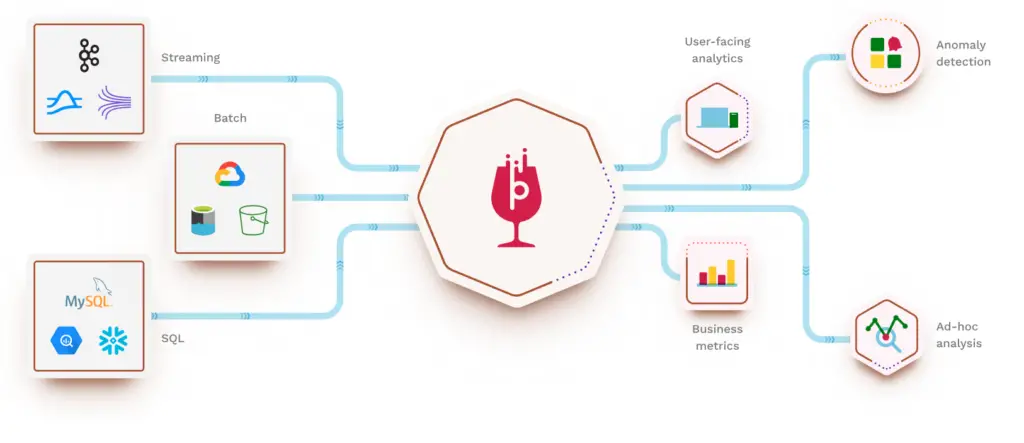
Apache Pinot, a high-throughput, low-latency OLAP datastore originally developed at LinkedIn, is designed to provide real-time analytics for data-driven decision-making. However, a recently discovered critical vulnerability, tracked as CVE-2024-56325, poses a significant threat to systems running affected versions.
The Threat: Authentication Bypass
The core issue lies in an authentication bypass vulnerability. Specifically, “if the path does not contain / and contain., authentication is not required“. This flaw allows attackers to circumvent normal authentication procedures, gaining unauthorized access to Apache Pinot.
Technical Details and Impact
The vulnerability’s severity is classified as critical due to the potential for complete system compromise. To illustrate the severity, consider the following:
-
Normal Authentication: A typical request to create a user requires authentication, and without proper credentials, the server returns an “HTTP 401 Unauthorized” error.
-
Malicious Bypass: By crafting a malicious request that exploits the vulnerability (e.g., by manipulating the URL path), an attacker can successfully add a new user, effectively bypassing authentication. This unauthorized user can then gain control over Pinot.
Affected Versions and Recommendations
The affected versions of Apache Pinot include those before 1.3. It is imperative that organizations using Apache Pinot take immediate action to mitigate this risk. The most critical recommendation is to upgrade to a patched version of Apache Pinot that addresses this vulnerability.
Conclusion
CVE-2024-56325 represents a severe security risk for Apache Pinot users. The ease with which attackers can exploit this authentication bypass vulnerability necessitates urgent attention. By staying informed and applying necessary updates, organizations can protect their systems and data from potential compromise.